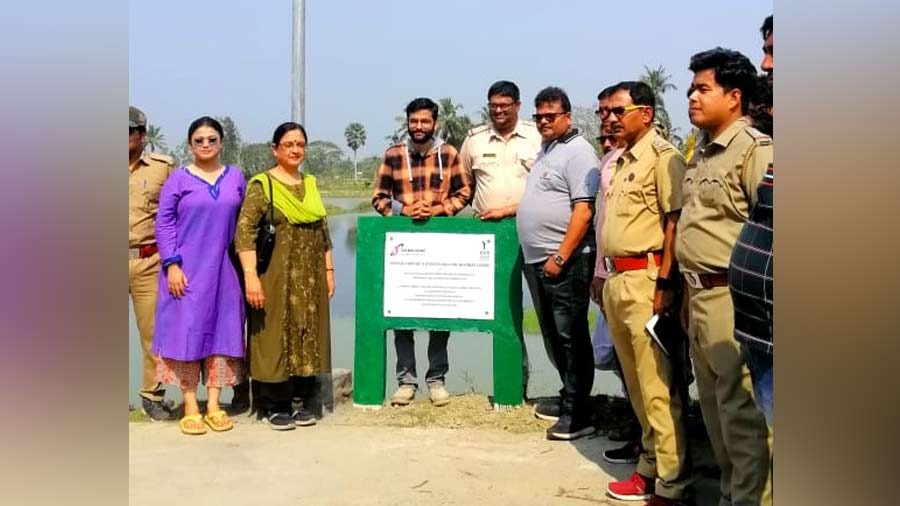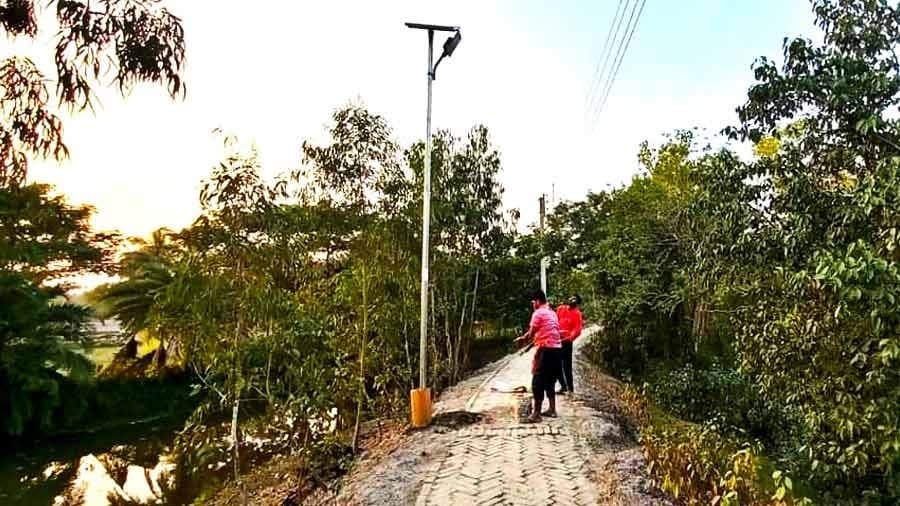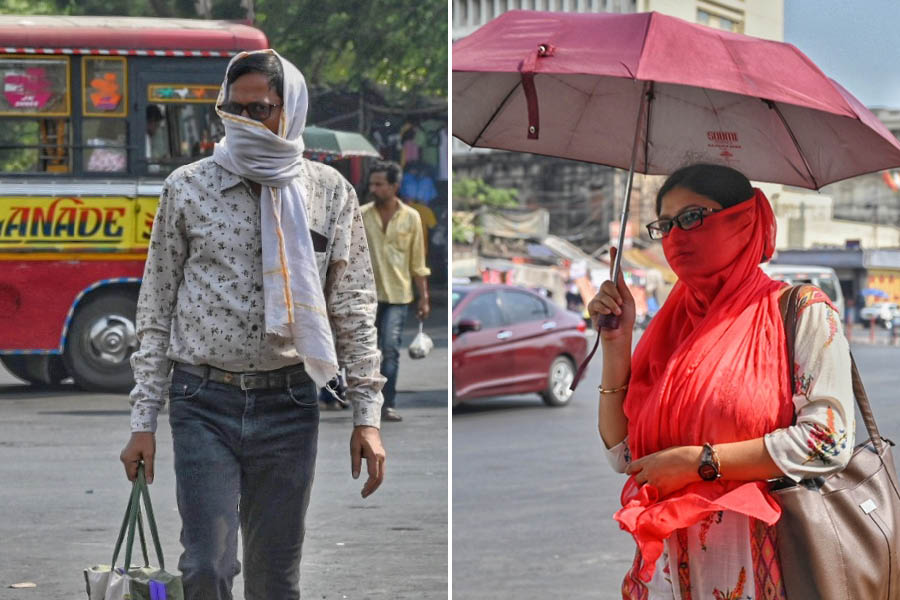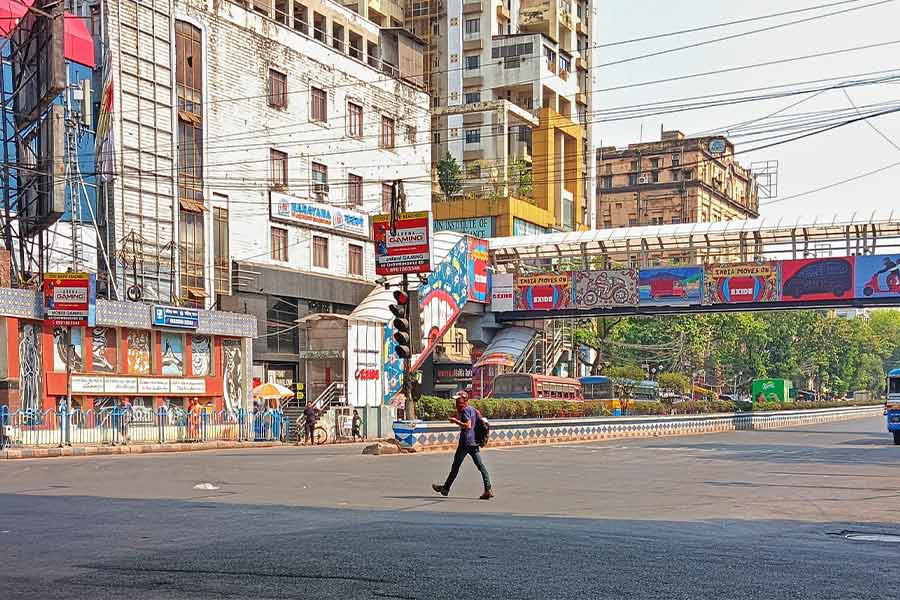Altogether 4,516 households in the Sundarbans’ Kultali range will get 25 solar street lights to tackle man-wild conflicts. The Directorate of Forest, South 24 Pargana has joined hands with the Kolkata Society for Cultural Heritage (KSCH) and TCG foundation to install these lights across five villages in the Kultali range.
The project is a public private partnership and the Directorate of Forest has given the mandate to KSCH, a social enterprise. The solar street lights will be installed by Kolkata Society for Cultural Heritage (KSCH)\ whereas the TCG foundation has come forward with the requisite funds.
Around 4,156 families of Bhubaneshwari, Debipur, Modhho Gurguria, Purba Gurguria and Deulbari, Chituri Forest in Kultali range in the Sunderbans are beneficiaries of the proposed street lights. They are victims of frequent snake bites as these villages are adjacent to the core area of the Sunderbans.

Solar street light inauguration by Milan Mandal, DFO, South 24 Parganas along with Sourav Mukherjee, founder director, Kolkata Society For Cultural Society
Official press releaseThis will also promote renewable green energy and reduce carbon footprint and will generate 182.5 kilowatt renewable electricity every year. Also, the street lights will help in distracting tigers.
Sourav Mukherjee, founder director, Kolkata Society for Cultural Heritage said, “Villagers are mainly engaged in fishing, honey collection from the forest, rickshaw and cycle van driving with an average family income of Rs 6,000 to Rs 8,000 per month. This solar lighting system will provide them with uninterrupted power supply throughout the night. Currently, the villagers rarely get four hours of uninterrupted power supply. The forest department has identified the specific locations for pole installation.
Forest department also has formed communities among villagers to monitor the poles and maintain the solar panels. KSCH will provide capacity building training shortly.”






